Introduction to AI
Artificial Intelligence, or AI, has become one of the most talked-about technologies in the world. From powering your smartphone’s voice assistant to predicting medical outcomes, AI is shaping nearly every aspect of our lives. But what exactly is AI? In simple terms, AI is the science of creating machines that can “think” and “learn” like humans.
Why does this matter today? Because AI is not just another tech trend—it’s a revolution that’s changing industries, governments, and everyday life.
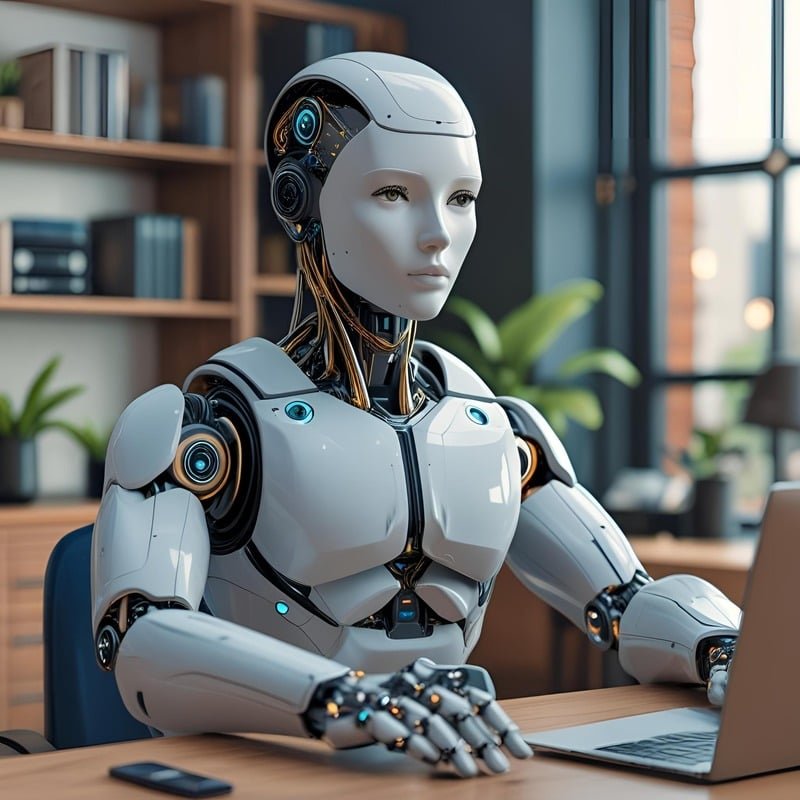
The Origins of Artificial Intelligence
The concept of AI isn’t new. Ancient myths spoke of mechanical beings with human-like intelligence. Fast forward to the 20th century, and scientists began experimenting with the idea of machines that could mimic human thought. In 1956, at the Dartmouth Conference, the term “Artificial Intelligence” was officially coined. That event is often considered the birth of AI research.
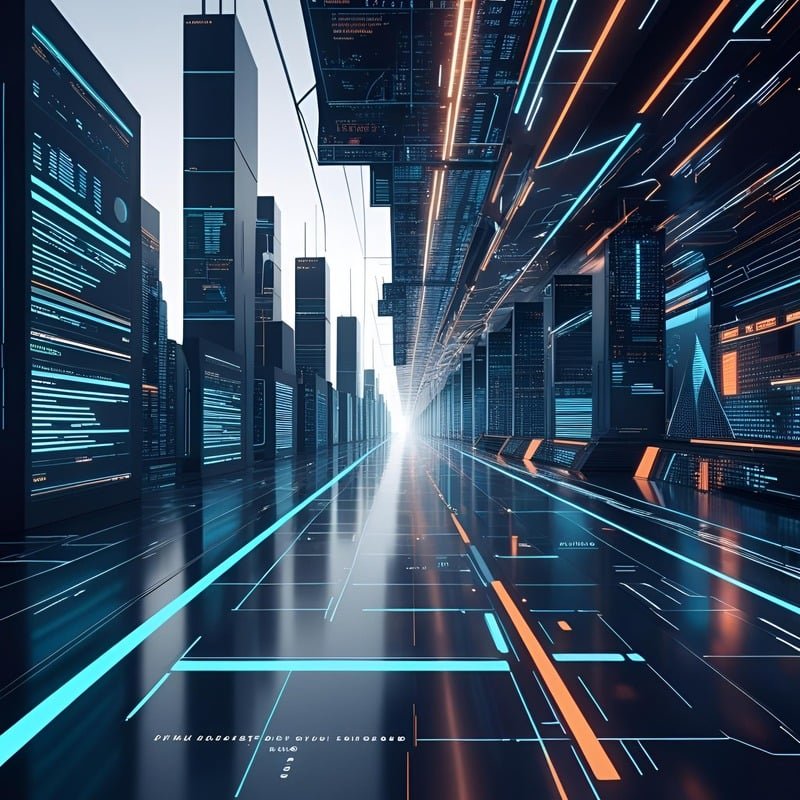
How AI Works
At the core, AI is powered by algorithms—sets of instructions that guide machines in solving problems. Let’s break it down:
- Machine Learning (ML): Machines learn from data instead of being explicitly programmed. Think of it like teaching a child by showing examples rather than giving strict rules.
- Neural Networks & Deep Learning: Inspired by the human brain, these systems allow computers to “learn” patterns, such as recognizing faces or voices.
- Natural Language Processing (NLP): This allows AI to understand and respond in human languages, enabling chatbots, translation apps, and tools like ChatGPT.
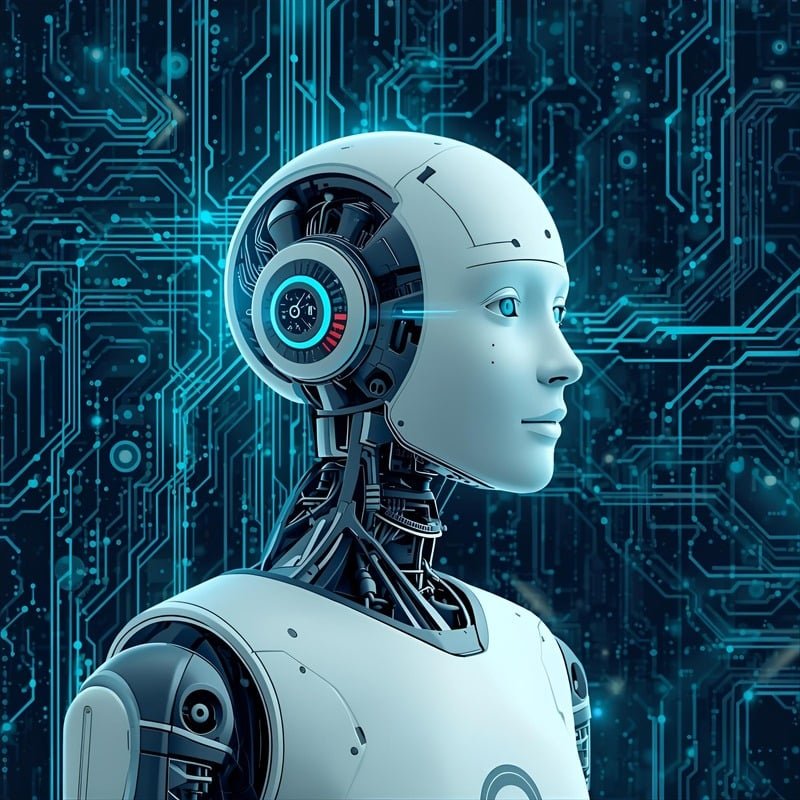
Different Types of AI
AI comes in three main forms:
- Narrow AI – Specialized in one task (like Siri or Google Maps).
- General AI – Still theoretical, this would have the ability to think and learn like a human.
- Superintelligent AI – A future possibility where AI surpasses human intelligence entirely.
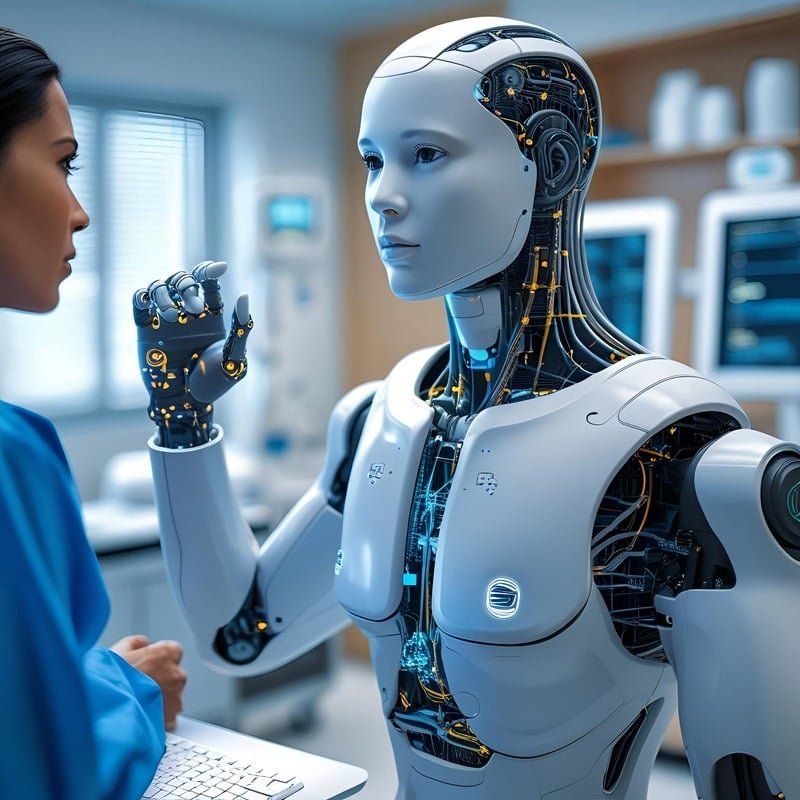
Key Applications of AI in Daily Life
AI in Smartphones and Apps
From predictive texting to photo editing, AI is behind many smartphone features you use every day.
AI in Healthcare
Doctors use AI to detect diseases earlier, recommend treatments, and even assist in surgeries.
AI in Finance
Banks rely on AI to detect fraud, analyze credit risks, and even automate stock trading.
AI in Transportation
Self-driving cars and smart traffic systems are reshaping how we travel.
AI in Education
AI tutors, grading systems, and personalized learning platforms are helping students learn more efficiently.
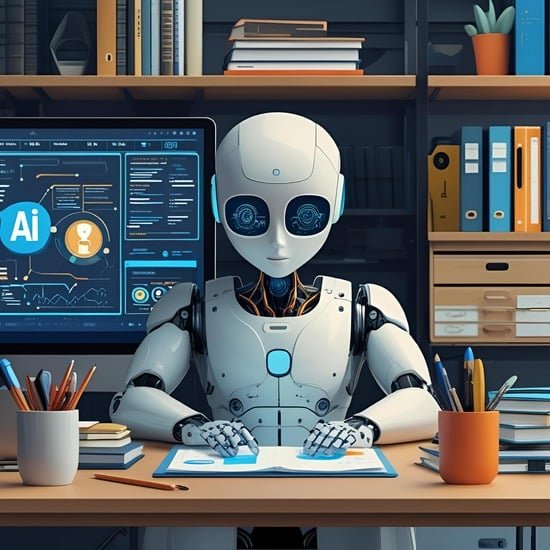
AI in Business and Industry
Process Automation
AI can handle repetitive tasks, freeing humans for more creative work.
Customer Support
Chatbots and virtual assistants provide 24/7 customer service.
Data Analysis
Businesses use AI to analyze customer behavior, predict trends, and make smarter decisions.
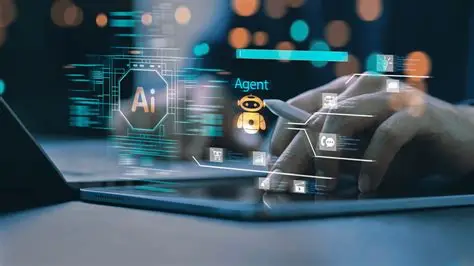
AI and Creativity
You might be surprised, but AI isn’t just about numbers and logic.
- AI Art & Music: Tools like DALL·E and AI music generators create unique works of art and sound.
- AI in Writing: AI helps writers brainstorm, edit, and even generate content.
- Creativity Debate: But the big question remains—can AI truly “create,” or is it simply remixing human ideas?

Benefits of AI
The advantages of AI are undeniable:
- Efficiency: AI can complete tasks in seconds that might take humans hours.
- Inclusivity: Voice recognition and AI tools help people with disabilities.
- Safety: Robots can handle dangerous jobs, reducing risks to humans.

Challenges and Limitations of AI
But it’s not all sunshine and rainbows. AI faces major challenges:
- Bias: If AI learns from biased data, its decisions can be unfair.
- Transparency: Many AI systems are “black boxes,” meaning we don’t fully understand how they make decisions.
- Energy Use: Training large AI models consumes vast amounts of power.
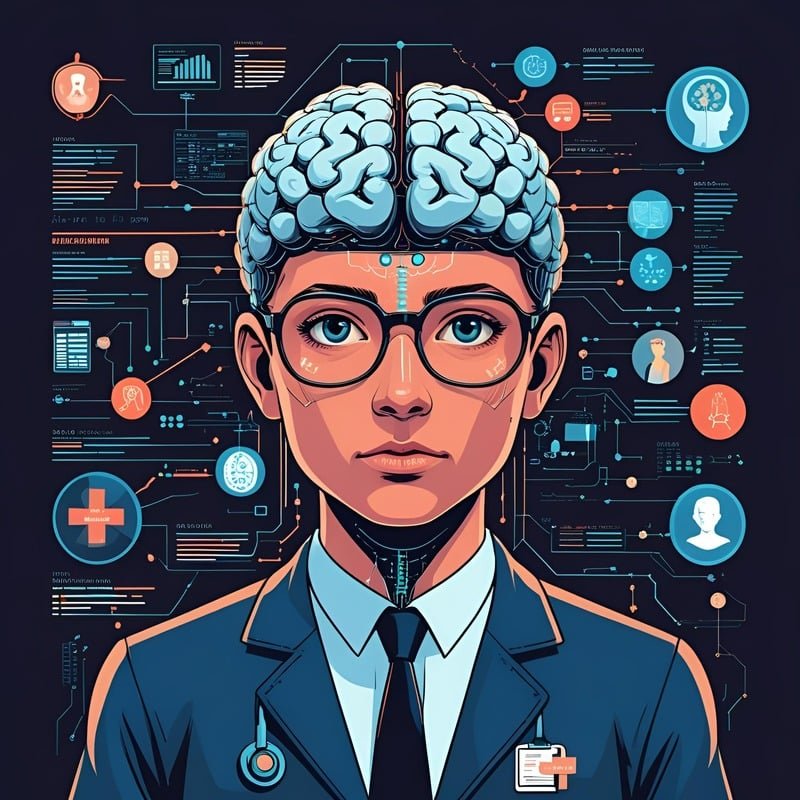
Ethical Concerns with AI
With great power comes great responsibility.
- Privacy: AI relies on massive amounts of data, raising privacy concerns.
- Job Displacement: Automation may eliminate certain jobs.
- Accountability: Who’s responsible when an AI makes a mistake—a programmer, a company, or the AI itself?

The Role of AI in the Future of Work
AI isn’t here to take over all jobs—it’s here to transform them. The future of work will likely involve humans and machines working side by side. This means workers will need new skills, and lifelong learning will become essential.
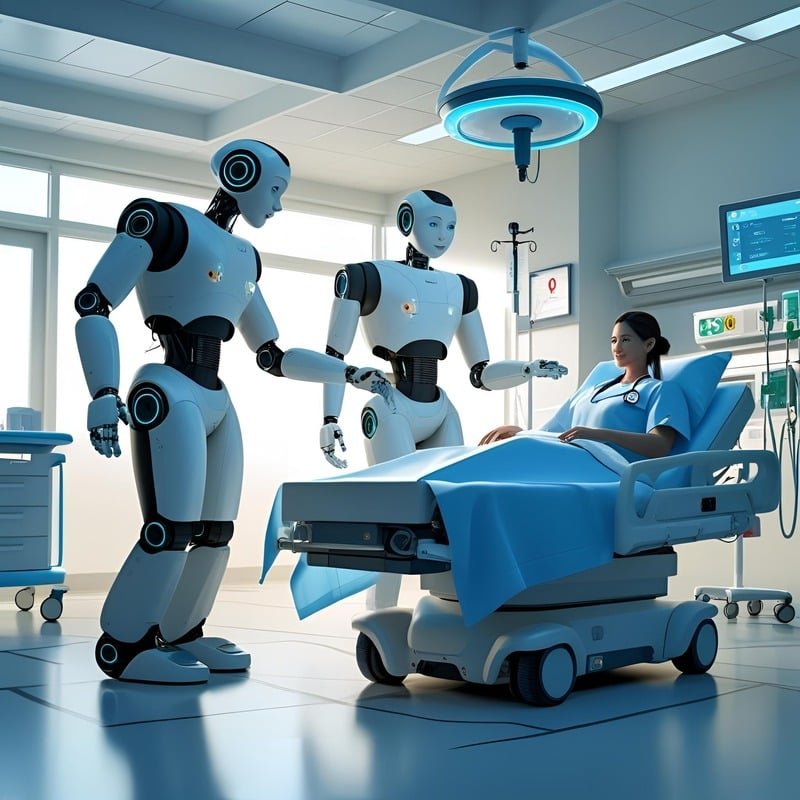
The Future of AI
What lies ahead? Experts predict:
- More Generative AI: AI tools that create text, images, and videos will grow more advanced.
- AI Everywhere: From smart homes to agriculture, AI will continue expanding into new industries.
- Superintelligence Risks: Some warn of the dangers if AI becomes too powerful without safeguards.
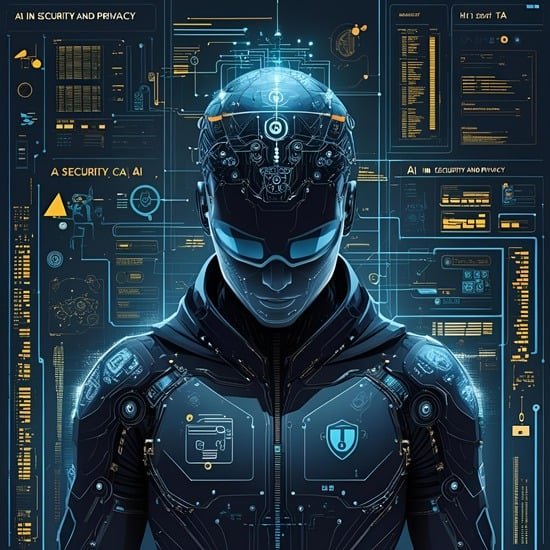
AI and Society
Governments are exploring how AI can improve services, from predictive policing to smart city planning. However, AI also raises concerns about surveillance, manipulation on social media, and the balance between innovation and regulation.
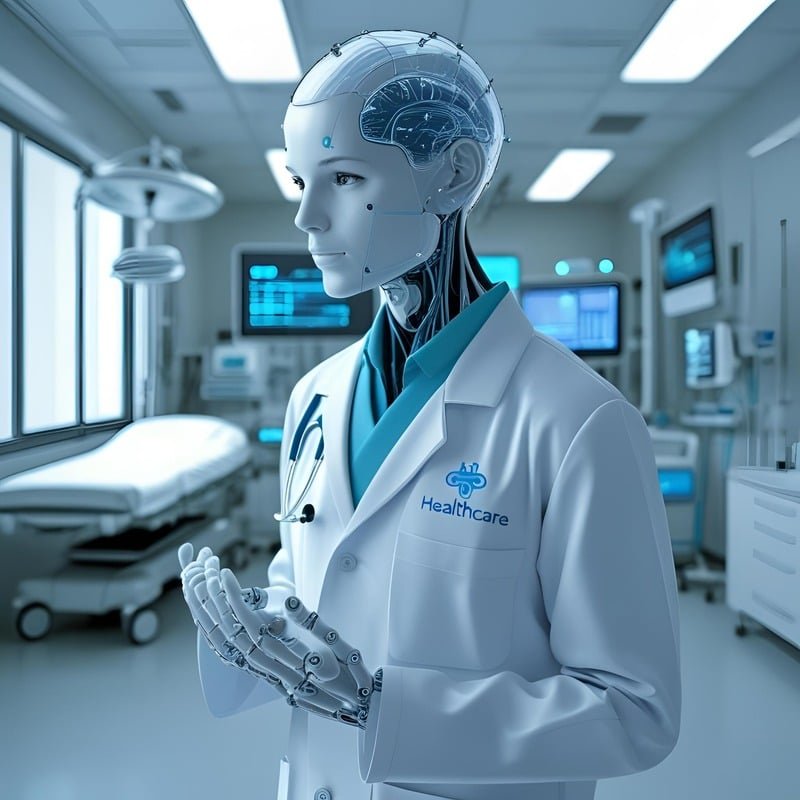
How to Prepare for an AI-Driven World
Want to thrive in an AI future?
- Keep Learning: Adapt to new skills as industries evolve.
- Use AI Responsibly: Don’t just adopt AI—consider its ethical impacts.
- Support Ethical AI Development: Encourage transparency, fairness, and accountability.
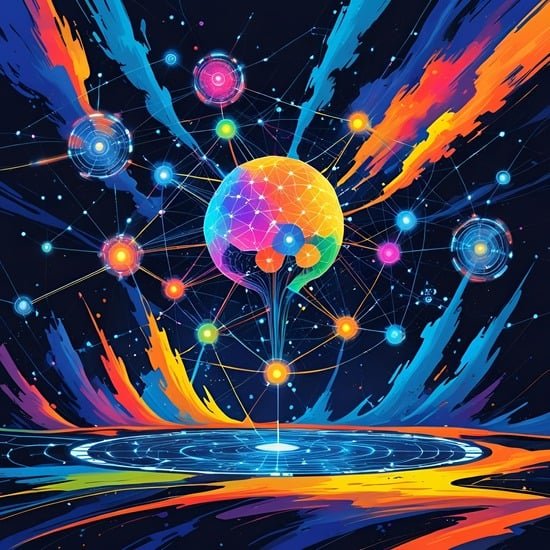
Conclusion
Artificial Intelligence isn’t just the future—it’s already here, shaping our lives in countless ways. From improving healthcare to changing the way we work, AI offers incredible opportunities while also posing serious challenges. The key is balance: embracing innovation while making sure it’s used ethically and responsibly.
FAQs
What is the difference between AI and machine learning?
AI is the broader concept of machines being “intelligent,” while machine learning is a subset that allows machines to learn from data.
Can AI replace humans completely?
Not entirely. While AI can automate many tasks, human creativity, empathy, and critical thinking remain unmatched.
Is AI dangerous?
AI isn’t inherently dangerous, but misuse, lack of regulation, or unchecked development can pose risks.
How can AI be used for good?
AI can fight climate change, improve healthcare, and enhance education if developed responsibly.
What careers will grow with AI?
Jobs in AI development, data science, robotics, cybersecurity, and AI ethics are expected to grow rapidly.

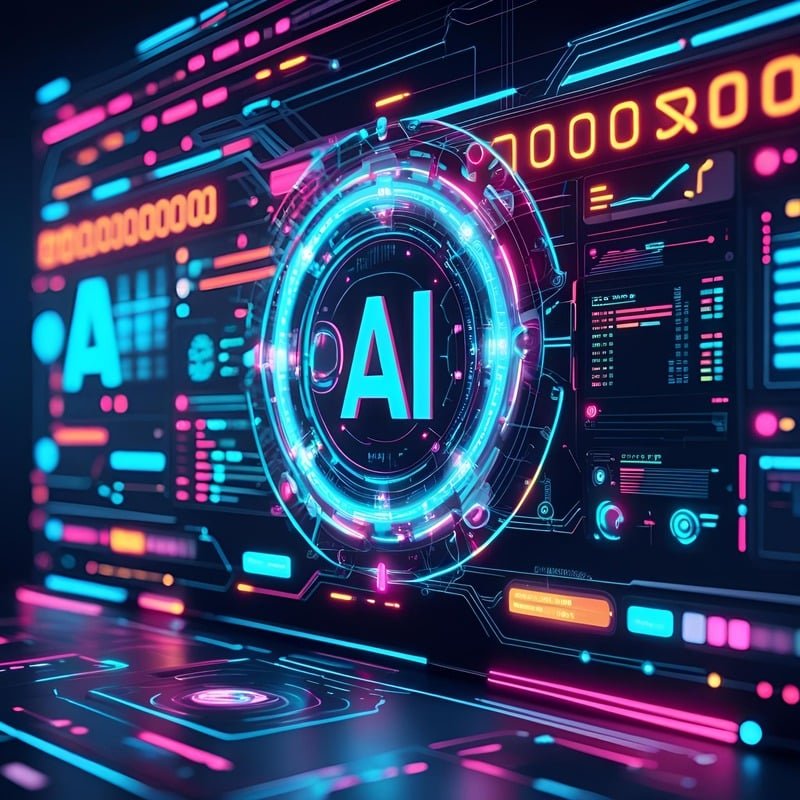
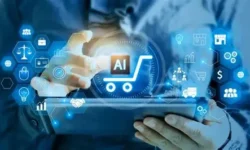
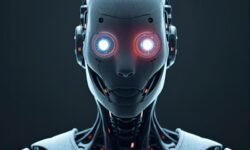
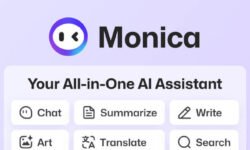
I like what you guys are up too. Such smart work and reporting! Keep up the excellent works guys I¦ve incorporated you guys to my blogroll. I think it’ll improve the value of my site 🙂
It’s hard to find knowledgeable people on this topic, but you sound like you know what you’re talking about! Thanks